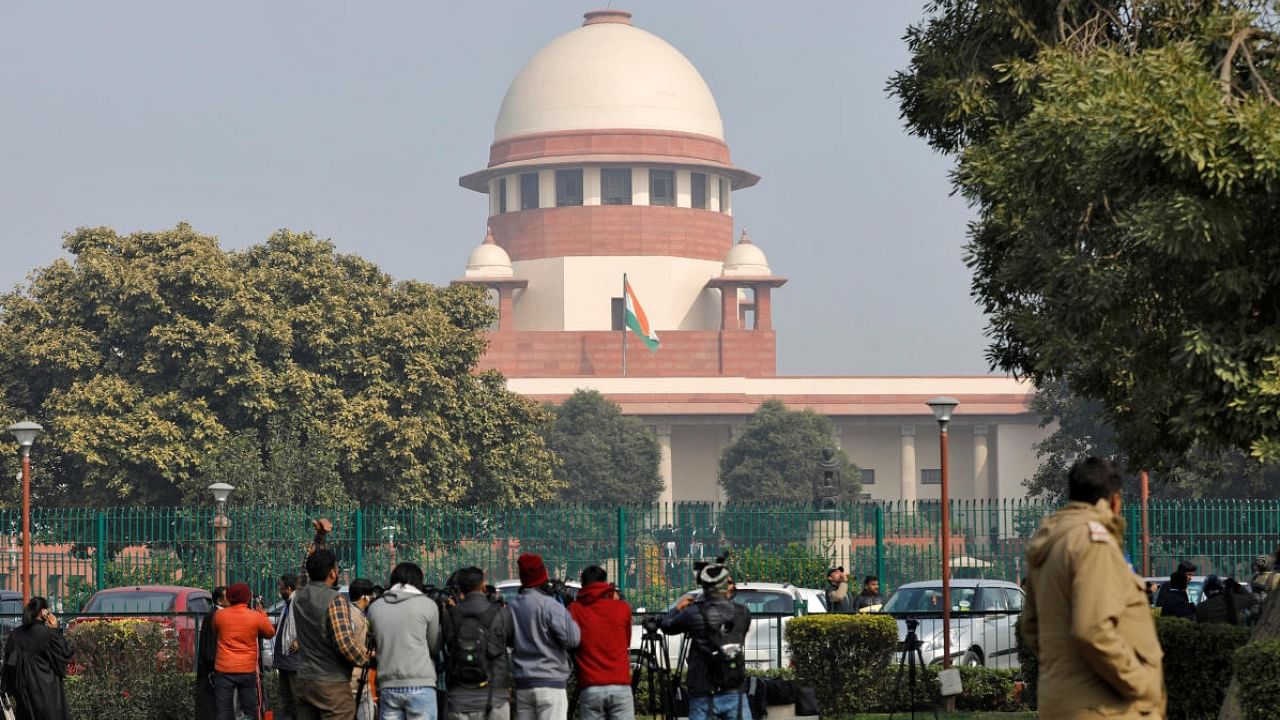
The Supreme Court on Tuesday asked the counsel for the contesting parties to decide issues for adjudication in a batch of petitions challenging the constitutional validity of Section 6A of the Citizenship Act relating to illegal immigrants in Assam.
A five-judge Constitution bench headed by Chief Justice D Y Chandrachud took note of the submissions of senior advocate Kapil Sibal, appearing for one of the petitioners, that the petitions needed to be segregated and the issues needed to be formulated for adjudication.
The bench, also comprising justices M R Shah, Krishna Murari, Hima Kohli, and P S Narasimha, agreed to the submissions that the petitions be kept for directions on January 10 next year for issuing the directions with regard to laying down parameters for the hearing.
“We are going to resolve how the matters have to be segregated. We will sit together and resolve this. Just put it on after vacation,” Sibal said.
“The counsel would segregate the cases which fall for decision before this court into distinct categories and the order in which the arguments are to be made,” the bench said, adding “We will keep it for directions.”
The bench directed the apex court registry to provide scanned soft copies of the complete set of pleading filed on the issue.
Section 6A in the Citizenship Act was inserted as special provisions to deal with the citizenship of persons covered by the Assam Accord. The provision provides that those who have come to Assam on or after January 1, 1966, but before March 25, 1971, from specified territories, including Bangladesh in 1985, and since then are residents of Assam, must register themselves under section 18 for citizenship.
As a result, the provision fixes March 25, 1971, as the cut-off date for granting citizenship to Bangladeshi migrants in Assam.
As many as 17 petitions, including the one filed by Assam Public Works in 2009, are pending on the issue in the apex court.
Earlier, the constitution bench directed the parties to file joint compilations consisting of “written submissions; precedents; and any other documentary material on which reliance will be placed at the time of hearing”.
“A common index shall be prepared in three separate volumes of the above compilations,” it had said.
It had appointed lawyers Fuzail Ahmad Ayyubi, assisting Sibal, and Diksha Rai, the counsel appearing with Attorney General R Venkataramani as the nodal counsel to ensure that soft copies of the compilations are prepared and circulated to the Bench and to the counsel appearing on behalf of the contesting parties.